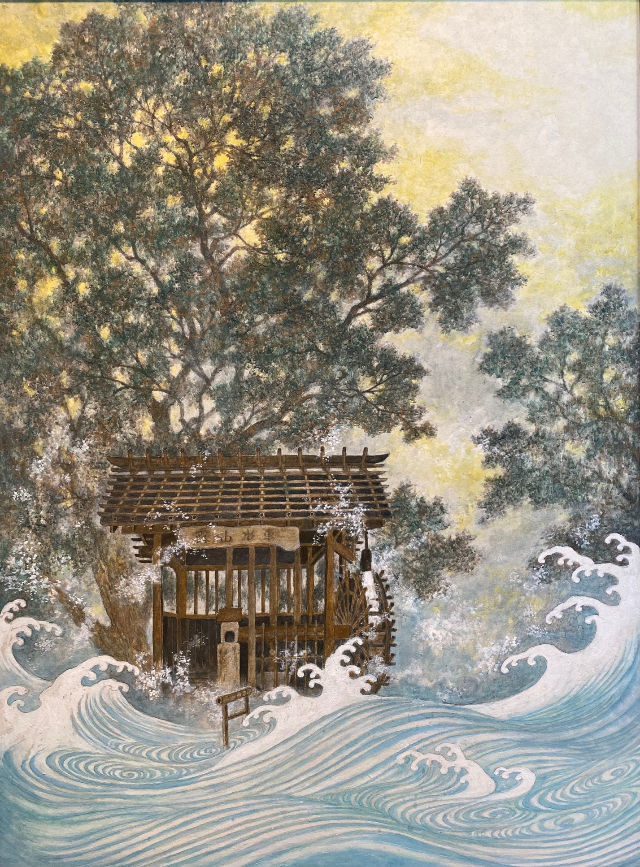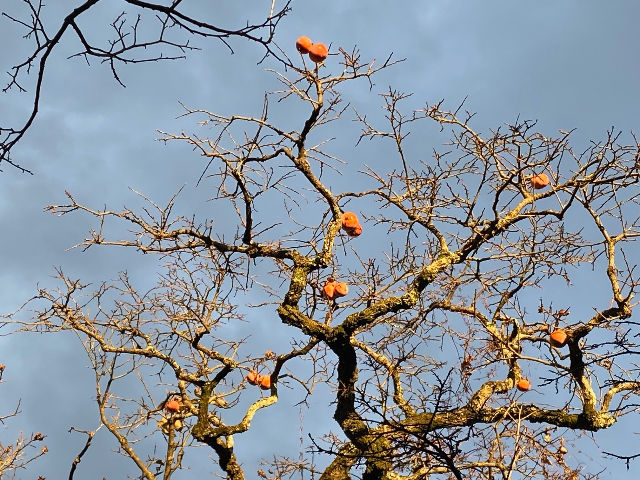THE UNTRAINED AUTHOR WRITES FICTION
- Rebecca Otowa
- Feb 4, 2020
- 5 min read
Recently I watched a BBC production of Thomas Hardy’s The Mayor of Casterbridge with my husband. After two viewings (necessary to understand everything – the plot is positively Dickensian in its intricacy) we were astounded at this creation of a human mind. The characters, who all seemed so real, were the products of someone’s imagination.
Thomas Hardy was one of the literary giants of the nineteenth century. And he did it with absolutely none of the assistance authors depend on today. For example, he didn’t take creative writing courses at University, or attend workshops given by famous authors, or sign up for MasterClass. He wrote most of his works by hand, with pen and ink, not on a computer with multiple functions. He didn’t have Google to tell him how popular and well-used (or not) his chosen expressions were. He didn’t even start off with the dream of writing the great English novel. He was a poet and, by trade, an architect.
I loved the arc of the story of The Mayor of Casterbridge, which recounts the life of a man imprisoned by a bad, weak personality. He begins in poverty, achieves fame and fortune, and through a combination of his own bloody-mindedness and Hardy’s favorite instrument of fate, Immanent Will, loses everything and returns to poverty. It takes a literary genius to make us feel pity for a man who made so many mistakes and caused so many people so much grief. How did Hardy come up with this man, and this plot?
I recently published a book of fiction. It’s a collection of short stories, and a few of them are about actual people or are autobiographical; but in most of the stories, I did what many fiction writers do: create human beings, set them acting in the world, and watch the results. I have never taken a creative writing course, so I didn’t have the advantage of “knowing the rules” of writing fiction. I had to grope in the dark for the plots of these stories.
When I was in a quandary, thinking “What happens next?”, my method was usually to imagine the characters – what they would do. Sometimes they surprised me right at the end. Sometimes a crucial plot point would jump out at me late in the story, and I would have to go back and adjust things to accommodate it. Sometimes tying the story together was difficult; one of the stories I wrote didn’t make it into the final book at all, because the plot was weak and I couldn’t figure out how to fix it. But always, I relied on my own imagination and instinct.
Creativity is like this. You have to leave room for the odd, crazy, nutty things to come out. Pinning things down too much results in a dead piece of art. I used to be a beadworker before my eyes got too weak to gaze at these tiny objects. I always kept my beads in clear plastic boxes, all mixed up – wooden ones in one box, glass ones in another. I never put them into individual plastic bags so that I would know beforehand how many of any one type I had. When I created a necklace, I would search the beads for the number I needed of a particular size, color and shape. I would rake through them with my fingers, hoping to spot just one more, and in that process, I am convinced that sometimes, the one I needed was spontaneously created in the matrix of that random collection of beads. It was like a fertile field where anything could grow. I don’t know how other beadworkers do it, but that was my style; it seemed vital to give the beads their freedom.
I would be willing to bet that a lot of the writing produced according to the rules of fiction as taught in creative writing classes isn’t very interesting. There must be a little sprinkling of fairy dust, the kind of thing that hits writers like a ton of bricks as they are lying sleepless or waiting for a train or looking at photos. That “Aha!” moment is, as all creative people know, the essence of the process. It’s what we live for. By comparison, finishing the project, seeing it in completed form, is a rather ho-hum event. That’s why creative people feel so out of sorts between projects. It’s the process of creation that sucks us in and makes us feel alive; that connection, tapping the conduit of energy, feeling part of the great wave of creation that continually sustains the Universe. While we are in the zone, nothing else matters, and we go through the motions of life between the precious times we can carve out for ourselves, sitting in front of our project. Finally the moment arrives when we sit back and say, “I’m done.” We can’t tell when this moment will be – it may come sooner than we expect. But when it comes, it is unmistakable. With writing, it is a little fuzzier than with other forms of creativity, because it’s so easy to keep making those tiny tweaks, and of course editors contribute their suggestions as well.
The creations themselves, when they come out into the material world, take on a life of their own and no longer need their creator. They are like grown children – one just has to kiss them goodbye and wish them well. At this point, for the creative person, the vital question is always, When can I feel that rush of connection again? When can I create something else, something totally new, that has never before seen the light of day? That’s one reason why promoting our work sometimes feels kind of superfluous. We long to go on to the next thing.
That is not to say that I don’t hope people like my stories. I do. I had two ideas in mind when I compiled this collection. One was that the world needs a new literary genre, something to act as a counterpoint to YA (Young Adult) – I’d like to call it EA (Elder Adult). Because, contrary to what many young people think, for many of us getting older means growing more. We still have Aha! moments, epiphanies. There needs to be a genre to tell the stories of such older people. The second idea was that characters in stories ought to learn something. Most of my stories do have “up” kinds of endings, because I believe it is always possible to change and learn something new. Maybe it’s a belief that has sprouted from my creativity. Can life itself be a project, one that is never finished?
This blog post itself went in directions I never imagined when I sat down to write it. I meant to say that in spite of being ignorant of the basic rules of fiction writing, somehow I managed to write a fiction book anyway. It turned into a paean to the joys of creativity. I guess that’s creativity for you – always a surprise.



I've never understood Ridley Scott, who released 5 versions of Blade Runner over 25 years. I wanted to shout, "Just let it go, Dude!" I assume he must be a very overbearing parent to his (by now) grown children.
Thank you Rebecca for having the power, the inspiration, the intelligence to write. Reading good littérature and reflecting on life’s reality, avoiding unecessary weeds may help a lot of wandering gouls.
Test comment! I love the photo of your Brussels sprouts!
This is a test comment
Rebecca san, what a joy to read your post. I really enjoy your style, very personal and straightforward. It flows so easily with such a light, casual touch, although the content is thought-provoking and compelling. I look forward to reading your fiction. You have so many creative outlets, painting, sewing, stained glass-making, gardening, music, and writing. I am amazed at your productivity.